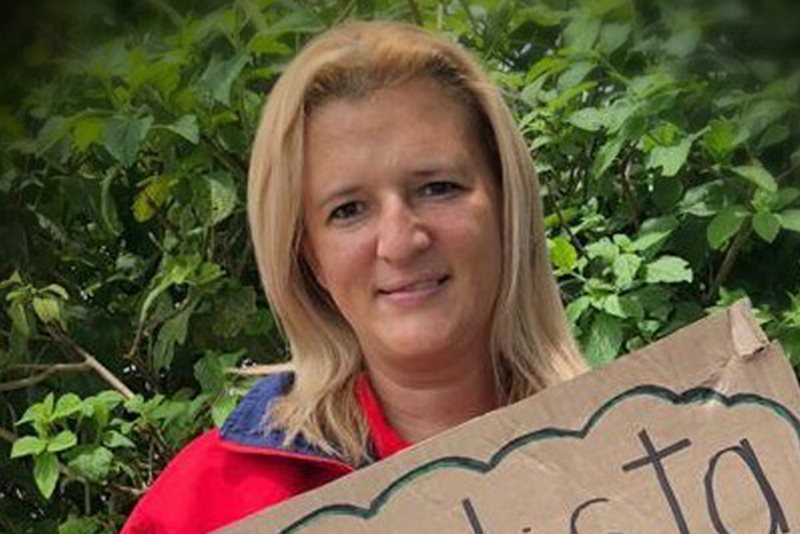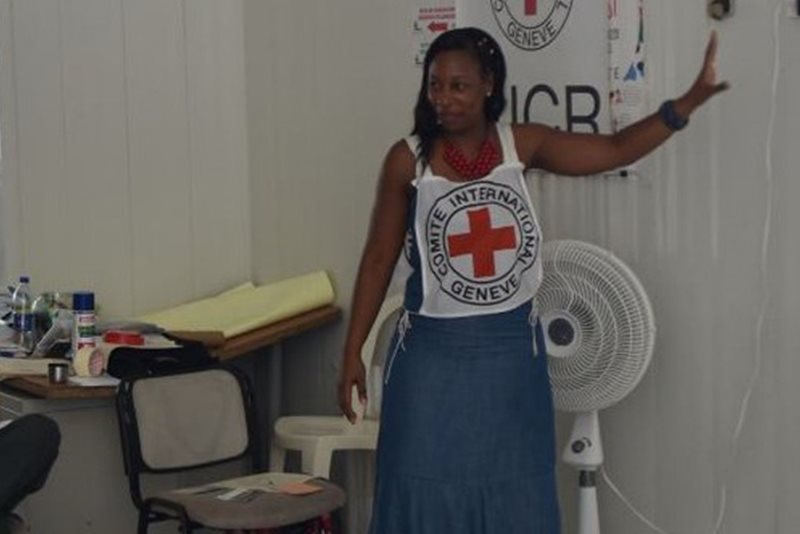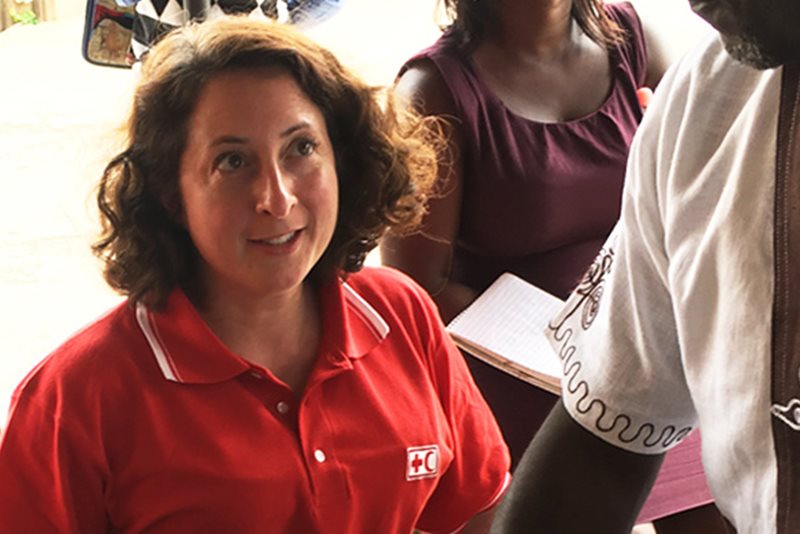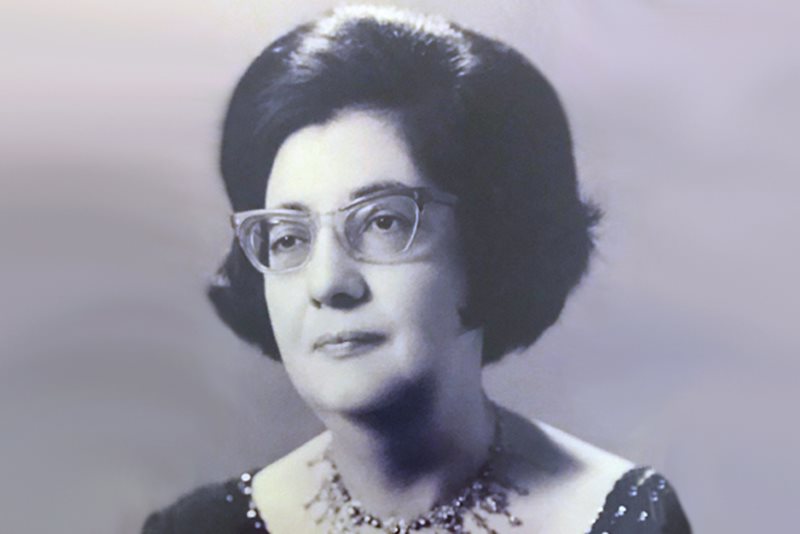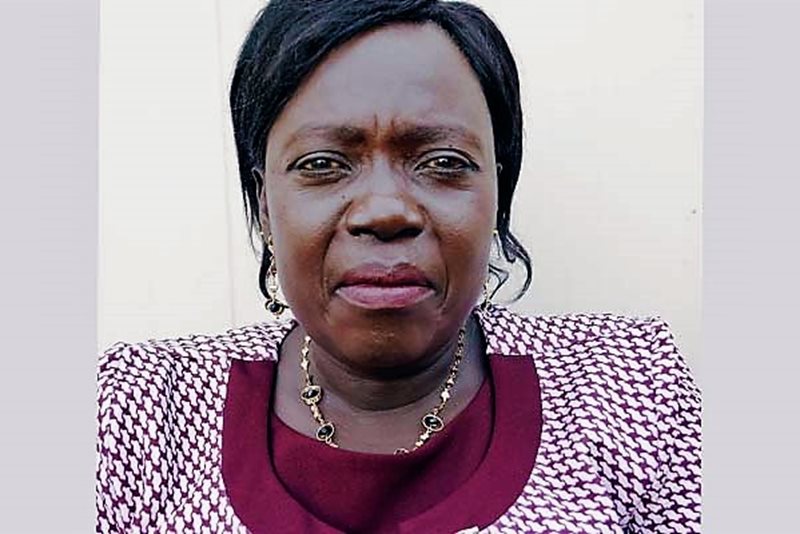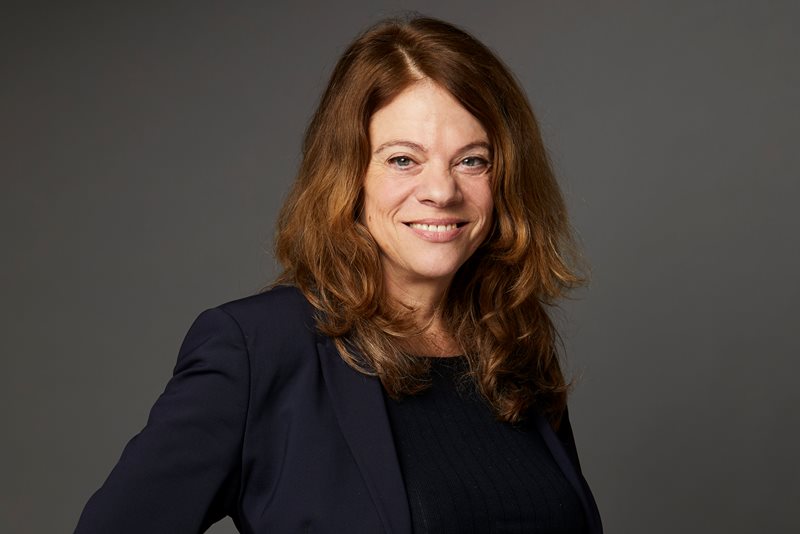

Participating in the Fiaccolata in Solferino in 2009 as a volunteer made her realize the extraordinary potential of our Movement. This event was a real revelation for her and encouraged her long-term commitment.
Continuing her path within the Red Cross, she worked as a peer educator and trainer for the Youth as Agents of Behavioural Change program, then moving on to become Regional Youth Coordinator. In 2013, she became a member of the FRC Governing board and Vice-President of the International Solidarity Commission. She also participated in the development of many projects, particularly on humanitarian education, as a member of the IFRC Youth Commission from 2015 to 2019. Trained as a nurse anesthetist, she developed Koalou, a digital solution that aims to improve children's mental health through digital therapy.
During the COVID crisis, she was impressed by the volunteers and their ability to reinvent the Red Cross to stay close to people, listen to them and to help them. As a former member of the Board, she is very proud to see her National Society mobilizing with these authorities by helping them to set up testing and vaccination facilities. At 34 years old, Marie-Esther continues to be involved nationally for the French Red Cross, notably as a member of the National Appeals and Arbitration Commission and as vice-president of the Paris 2024 Olympic Games Commission.
“For me, joining the Red Cross at the age of 18 was an integral part of building myself as a person. It opened up perspectives and helped me to change my way of thinking and my view of others. I was also able to meet a lot of people from very different backgrounds and cultures, meet authorities and explain the reality on the ground to them”, Marie-Esther explains. The Youth as Agents of Behavioural Change (YABC) program helped her develop her leadership, public speaking and interpersonal skills. As a youth leader, she learned how to manage and motivate teams of volunteers and set up projects. The strong women at the head of our Movement have been a real source of inspiration and empowerment for me. I really admire their ability to listen to others, to needs, to analyze situations and to find innovative solutions. However, unfortunately, although women are very active in the field, they are very few in management positions.”
According to Marie-Esther, the real challenge is to get out of the labels of the society and listen to what each person has to say. “We need to give the means to women who want to evolve and reach leadership positions to do so. This desire must be encouraged, and examples of female leaders should be highlighted so that little girls can identify and project themselves in those roles. Educating future generations is essential.”
– Marie-Esther Rouffet, France“I am convinced that if we want to make a deep change in our society and the place of women, we must invest in our children. “
“Helping each other and sharing experiences is the key to advancing the status of women in our Movement. Volunteering brings important wellbeing to people and improves mental and emotional health. Working in children's mental health as part of my job, I realized that the more we engage in a situation for people around us, the more it helps us too. We need to teach our new generations to engage and care for others.”

Companies in the top quartile for gender diversity are 15 per cent more likely to outperform competition.



